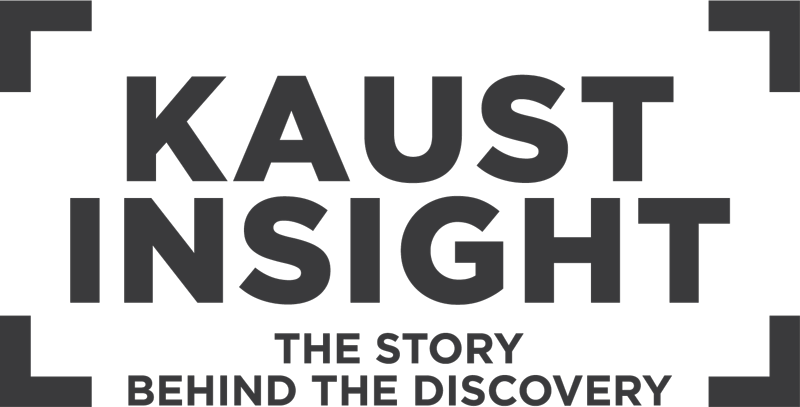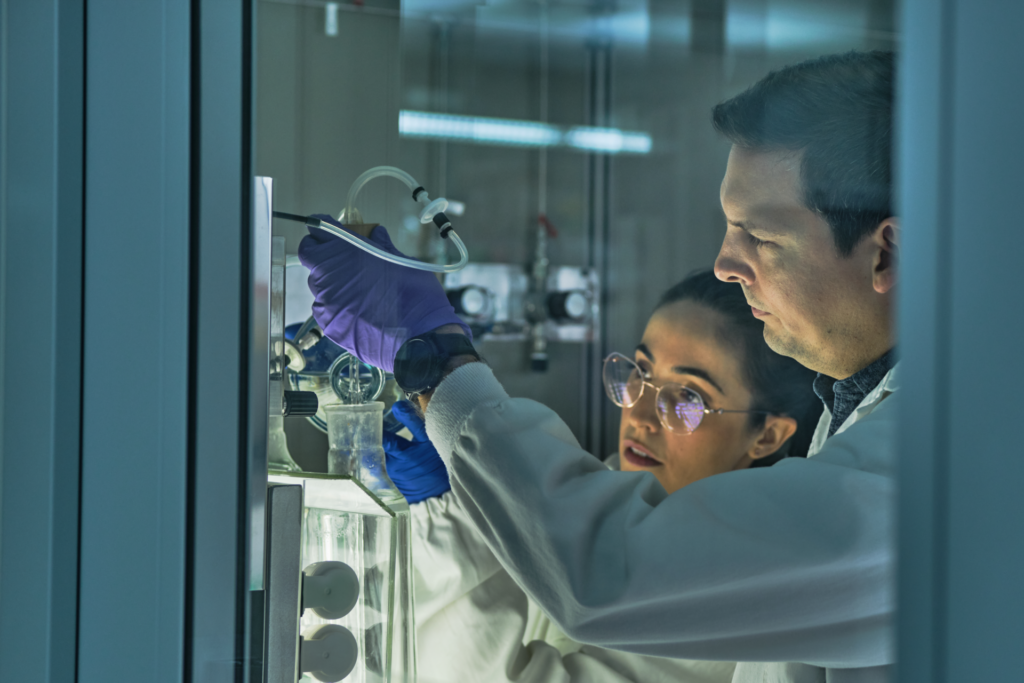
Get insight into how KAUST researchers are addressing
national and global challenges

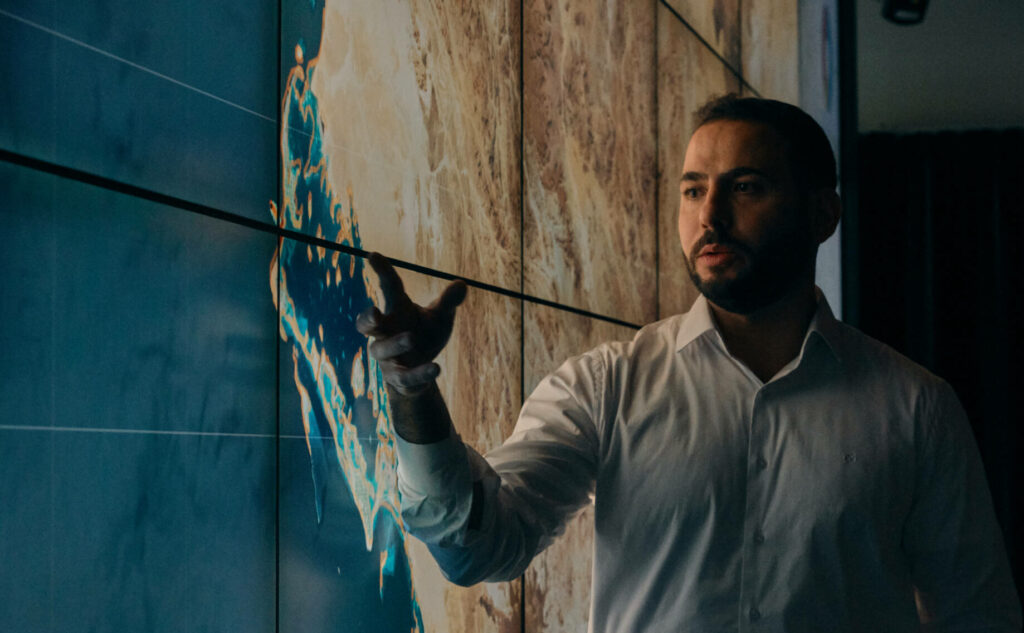
Slick operators counter oil spills
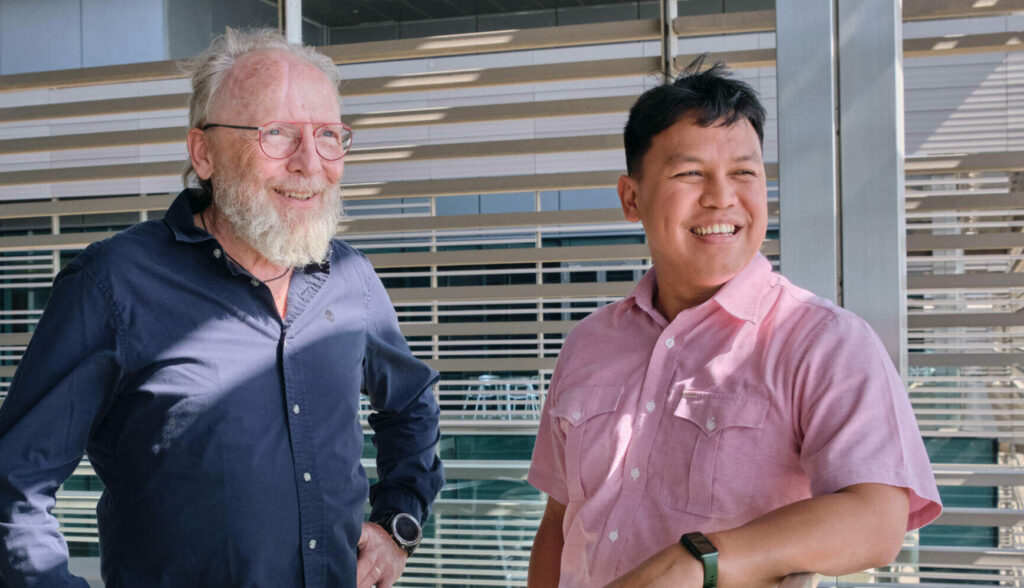
Instrumental impact
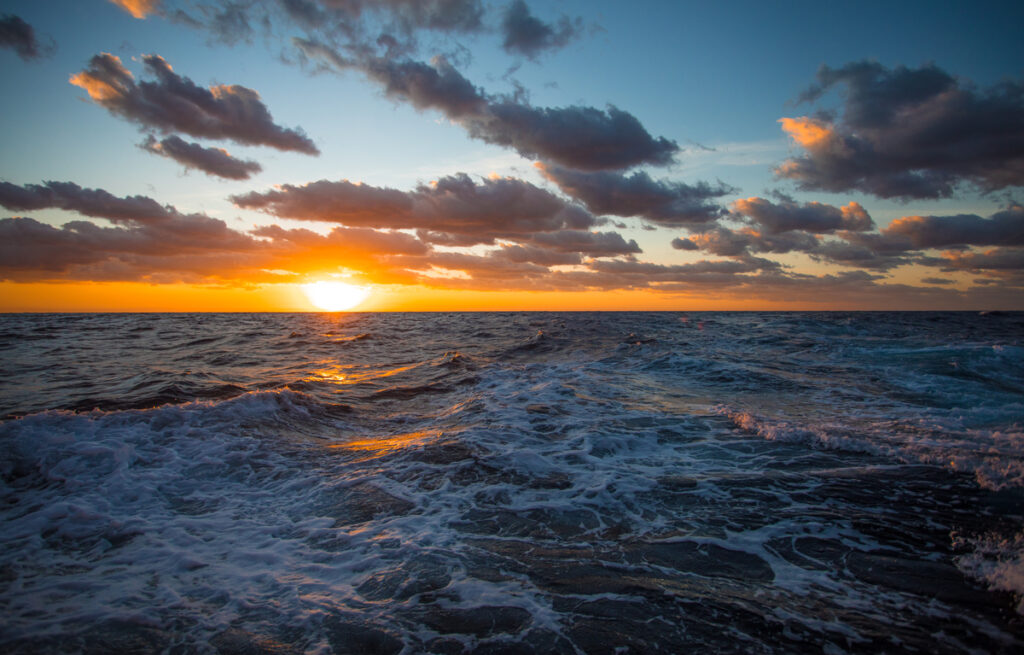
Capturing clean energy from tropical seas
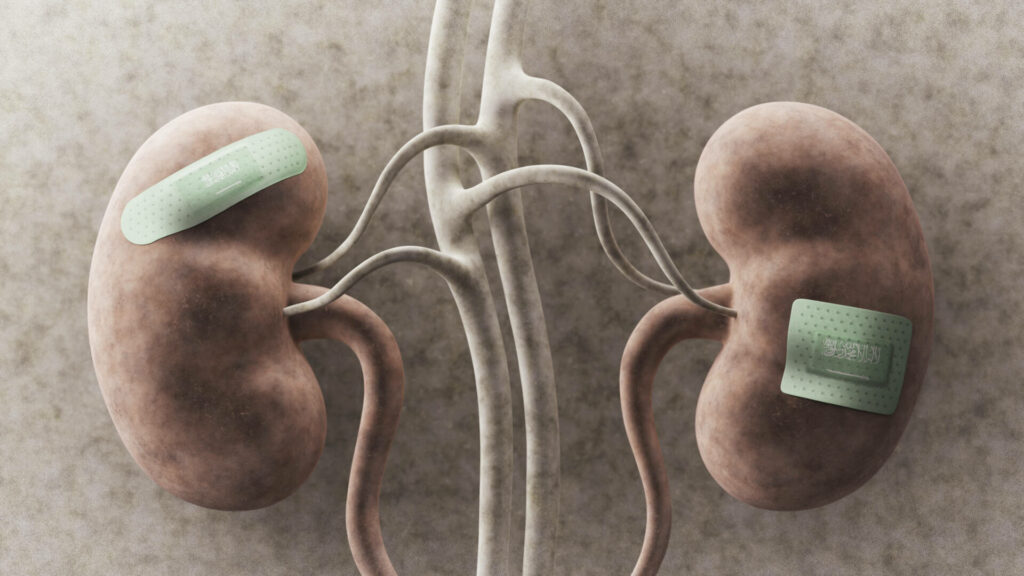
Kidney matchmaking receives algorithm boost
Recent articles See all 
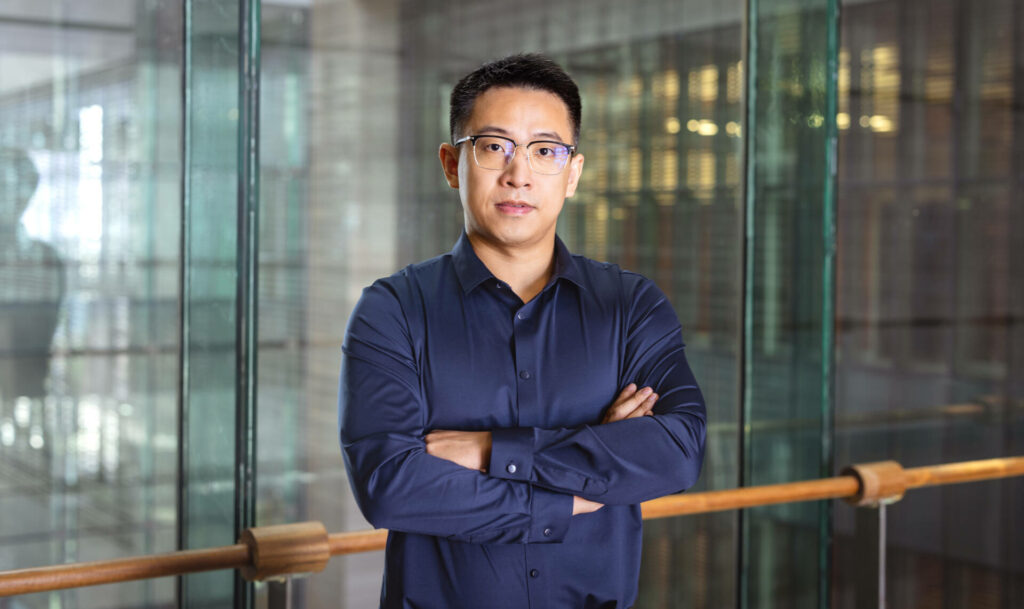
Results through boundary-breaking research
Innovation happens at the edge of disciplinary boundaries, shows one researcher.
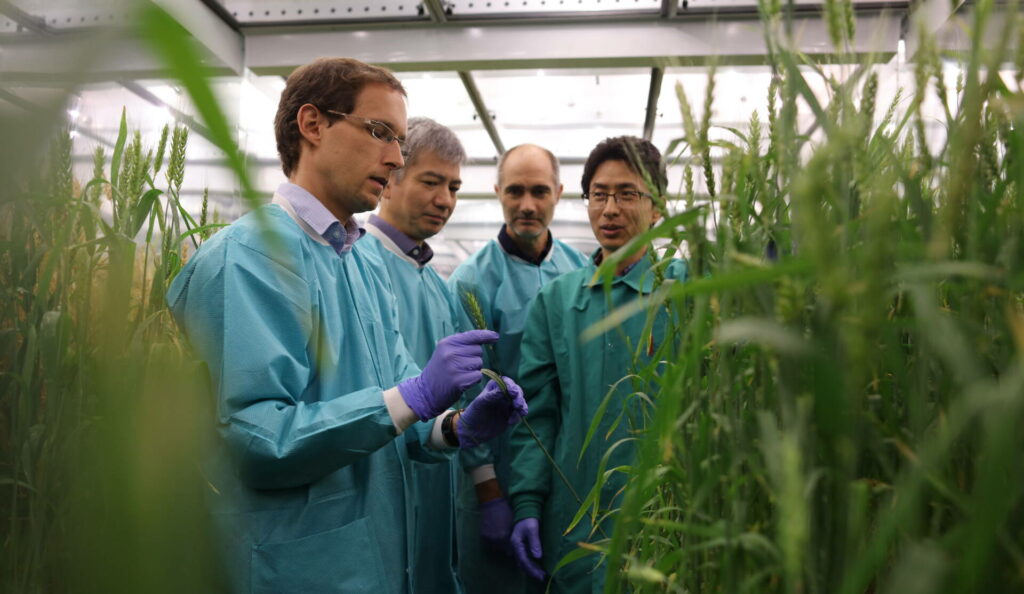
A handful of seeds starts fruitful collaboration
An encouraging culture of collaboration between two research leaders has fostered exciting work that has resulted in a breakthrough in understanding the mechanism of cereal disease resistance.
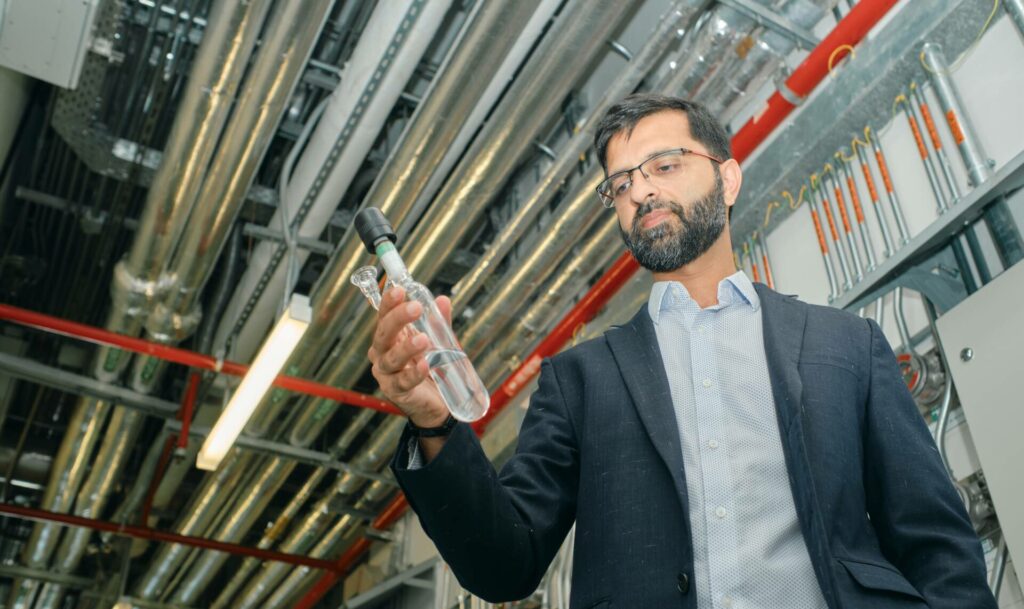
Cooperation to fuel change
Taking a big team approach to tackling transportation’s grand carbon challenge.
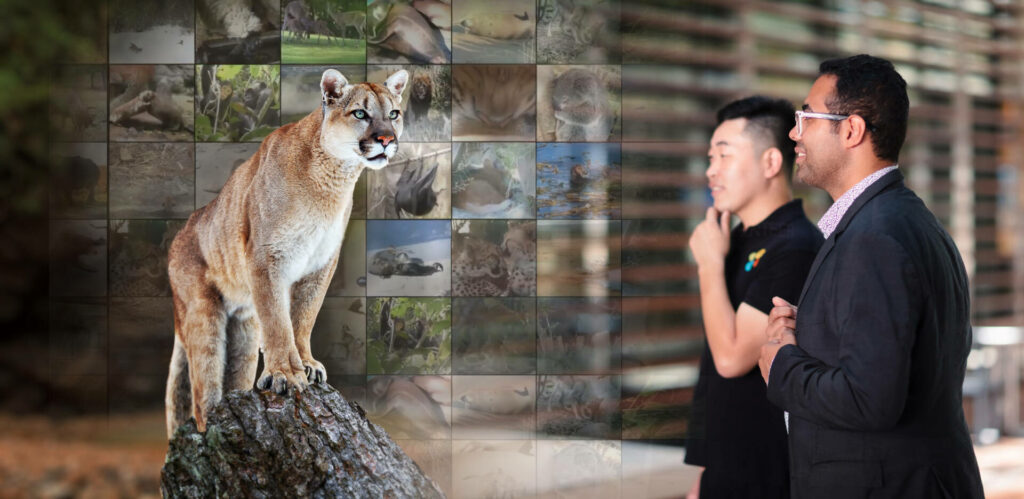
A knack for data and love of animals breeds a tool for mammal conservation
A Ph.D. candidate’s passion for animals is helping to drive the development of an AI system that informs conservation practice.
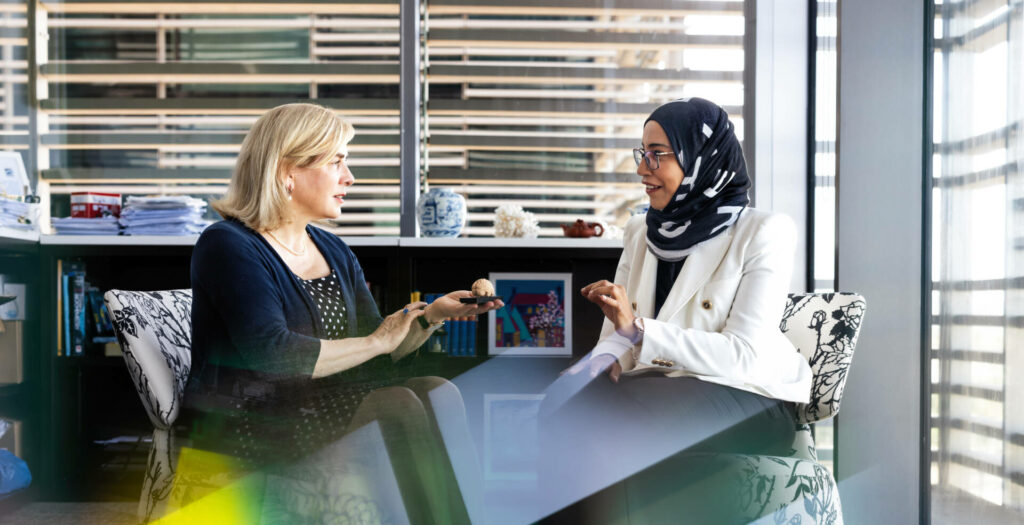
Advanced bioprinting leads to 3D brain models
A 3D mouse brain model provides a platform for studies of Parkinson’s disease and other neurodegenerative disorders.
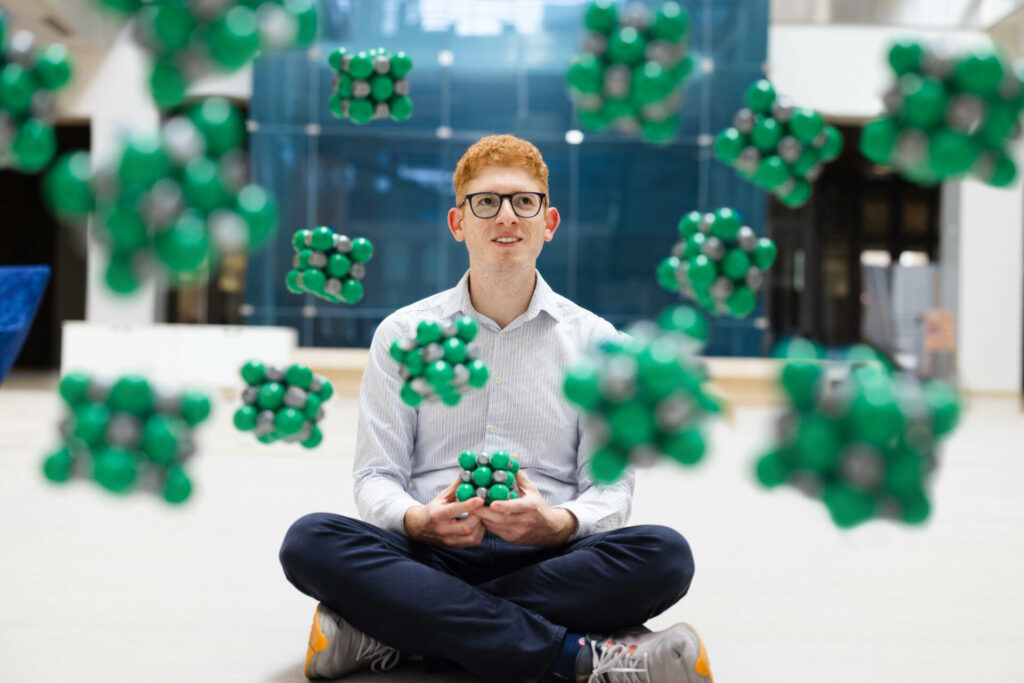
It’s a small world after all
High-resolution microscopy takes an eye for detail and enormous reserves of patience.
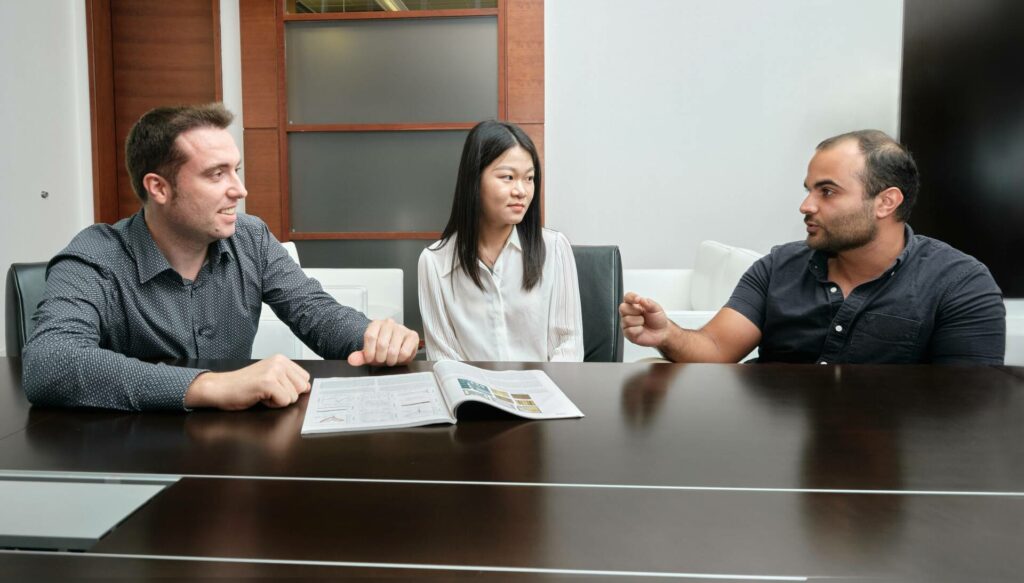
Mastering the ropes of research
Great students benefit from being a part of varied and high-functioning research teams.
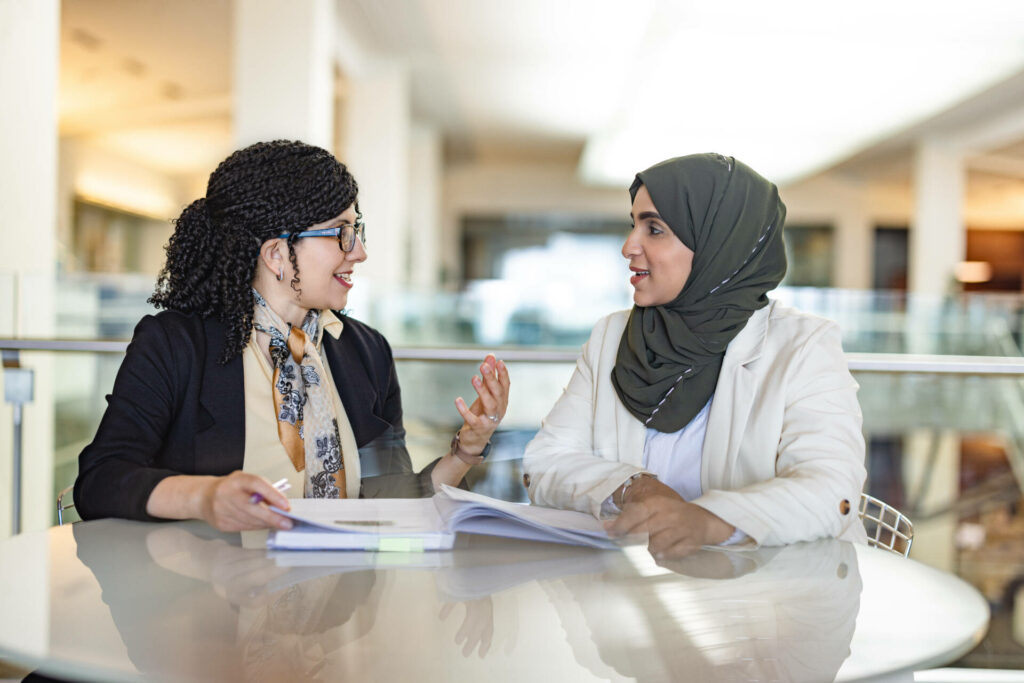
Homing in on stem cells, support and success
She came for the stem cell science and thrived in a nurturing environment.
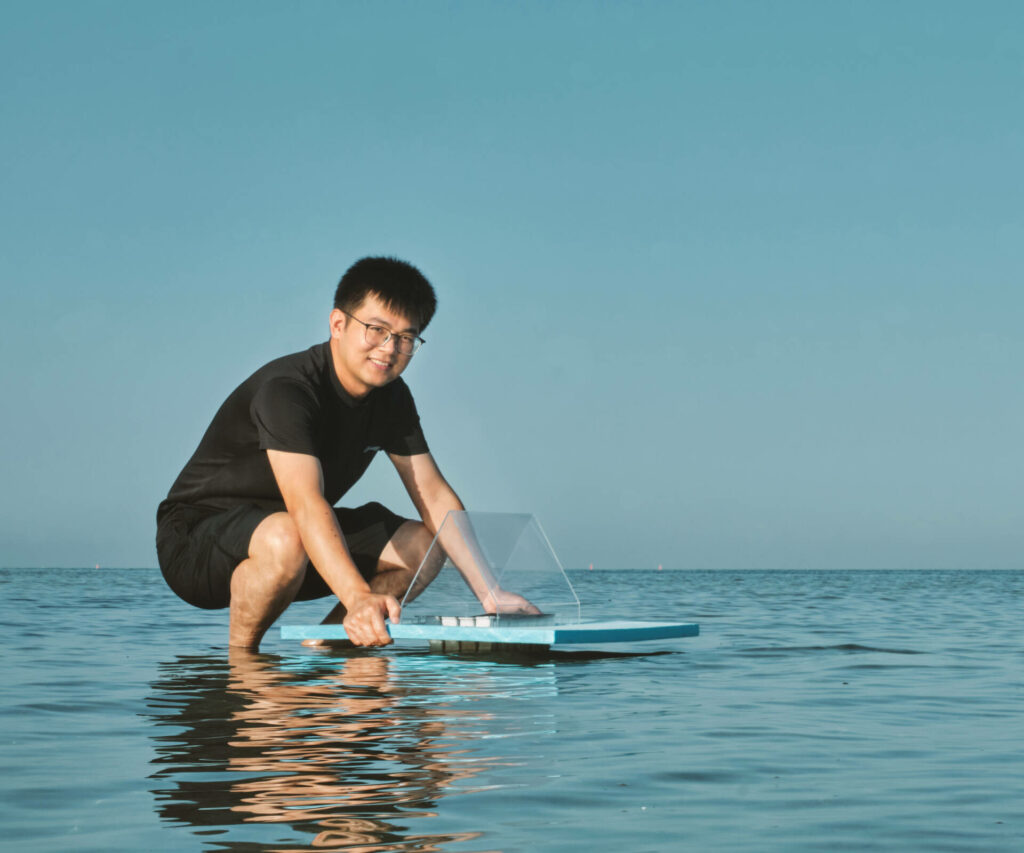
A tall tale of a tiger sparks fresh ideas
Inspiration for scientific research can come from unexpected surprising sources — even family movie night.
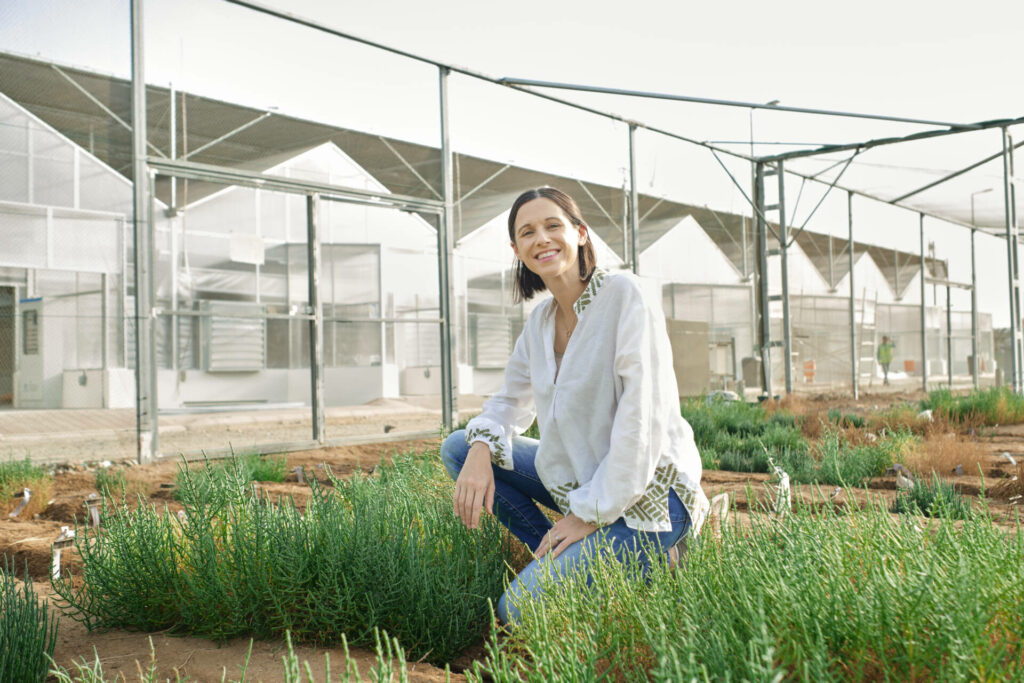
Sourcing a sustainable new vegetable oil
A long-term breeding program is developing elite lines of Salicornia to produce a sustainable and nutritionally valuable seed oil crop.
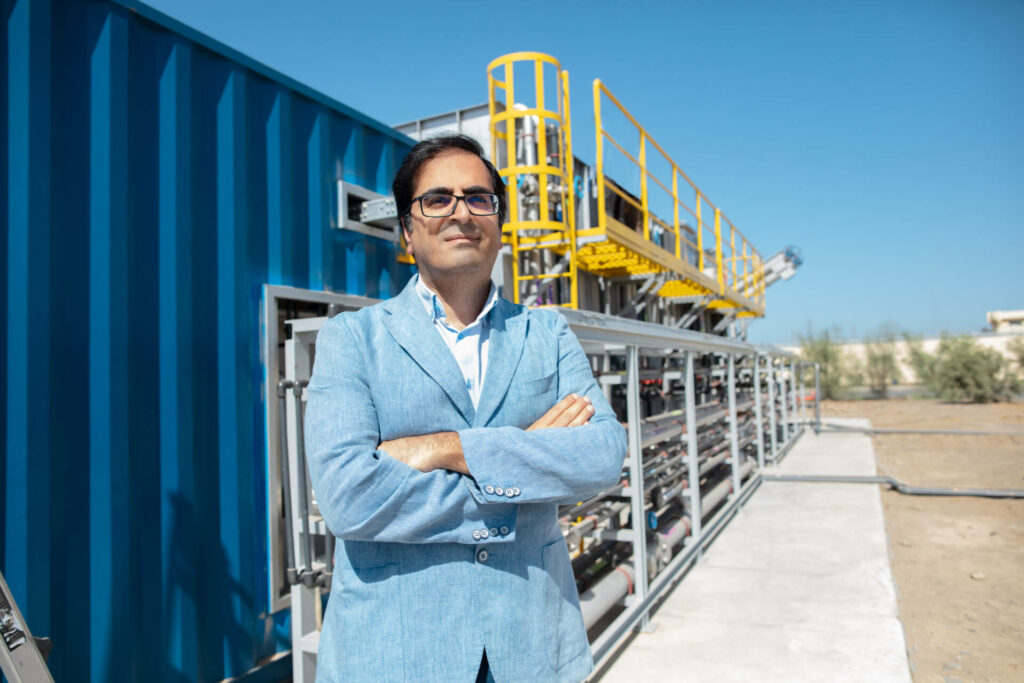
Mobile wastewater treatment plant offers solution for remote communities
A decentralized technology designed to treat wastewater at the source offers huge benefits to people in remote areas who lack access to sewer infrastructure.
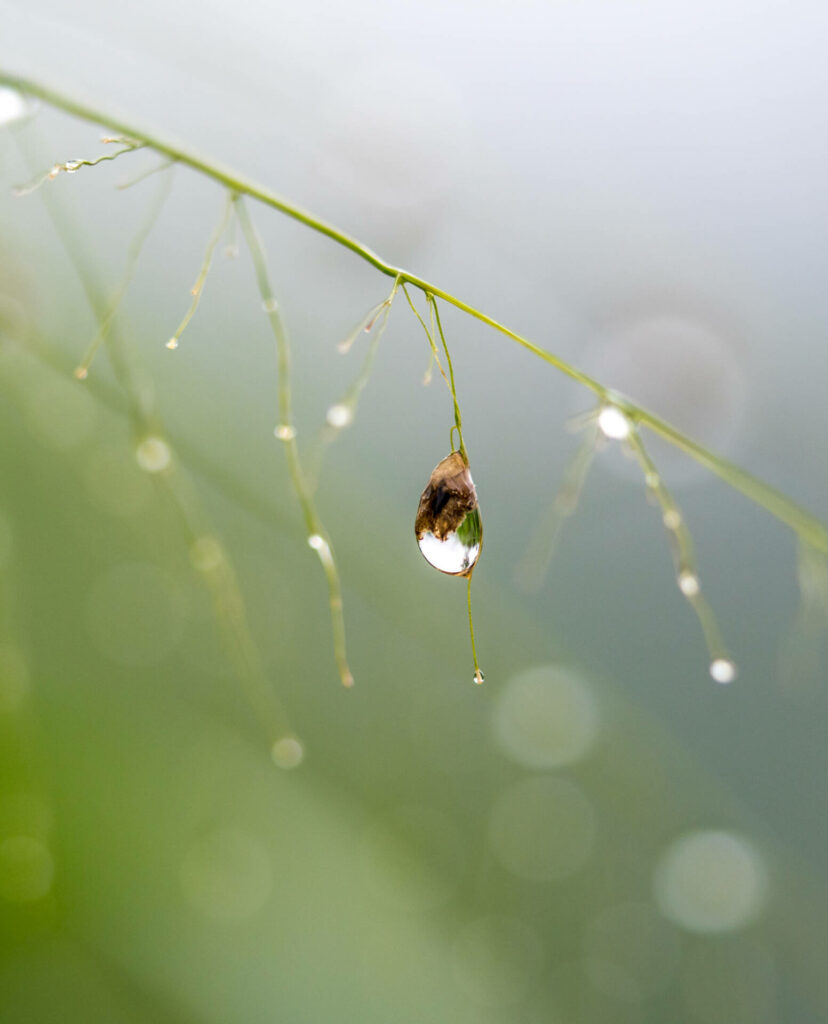
Homemade in Saudi Arabia: Regional climate data that will make a difference
Saudi Arabia is spearheading a major effort to generate regional climate-related information to help decision makers better manage their resources.
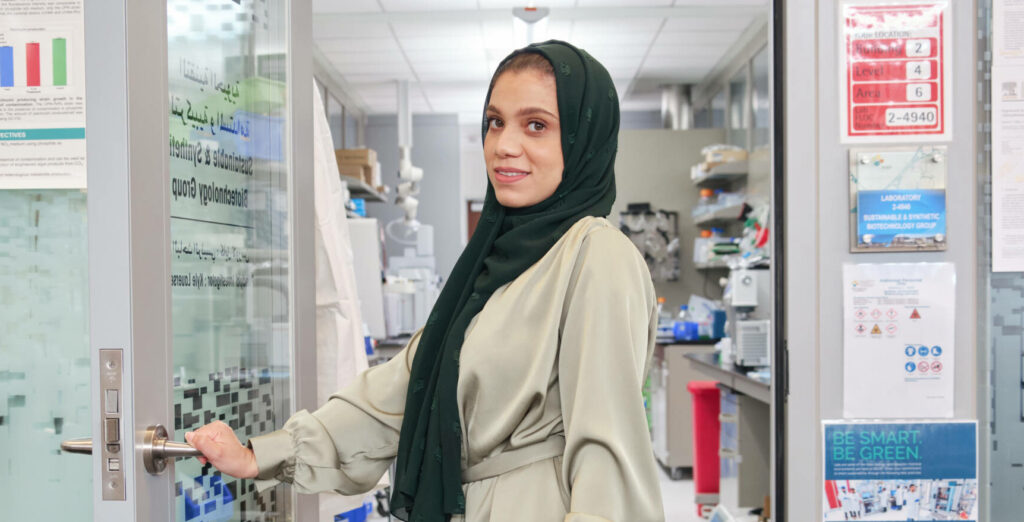
Where I work: Razan Yahya
Tiny microalgae offer big potential for a fruitful career
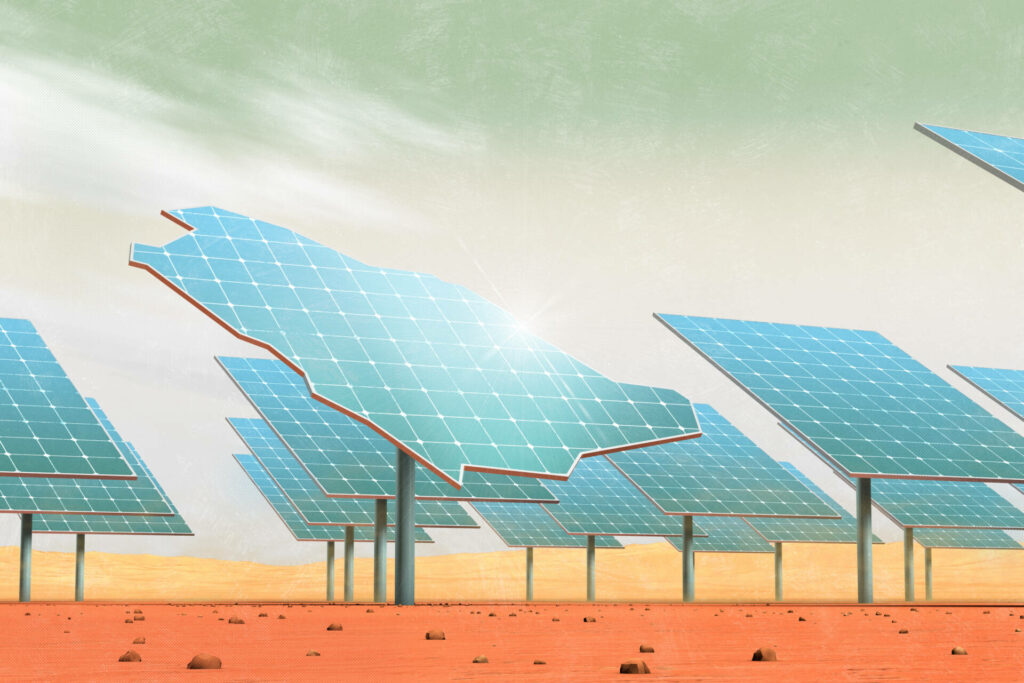
Saudi Arabia’s time to shine in solar energy use
Cutting-edge research into new technologies for photovoltaic cells, a favorable climate and strong collaborations with industry are key factors in Saudi Arabia’s development of solar power.
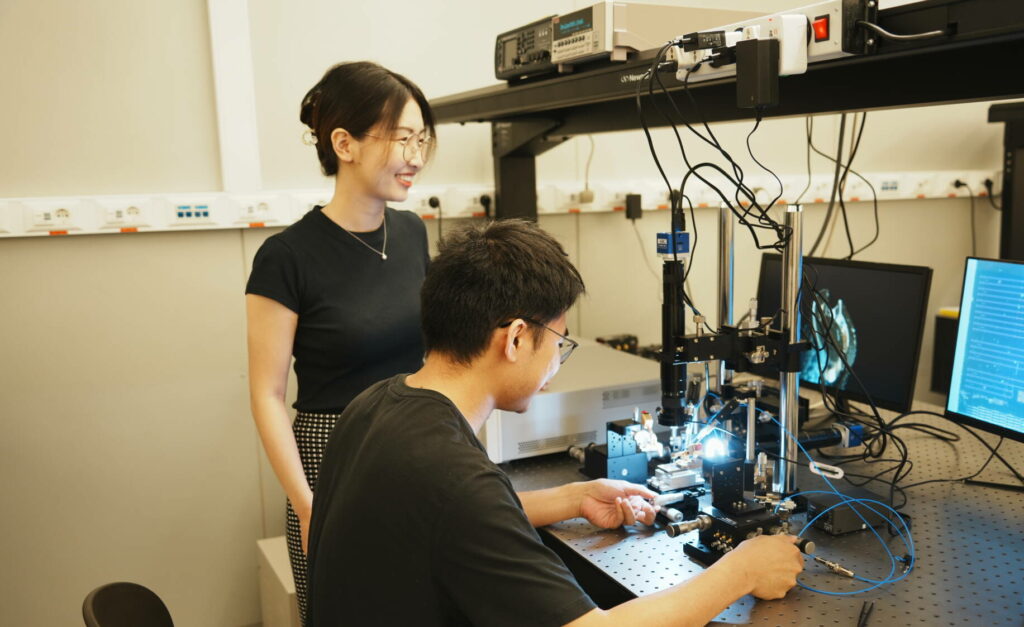
A new energy focus
A move to KAUST brings an enlightened approach to research and everyday life.
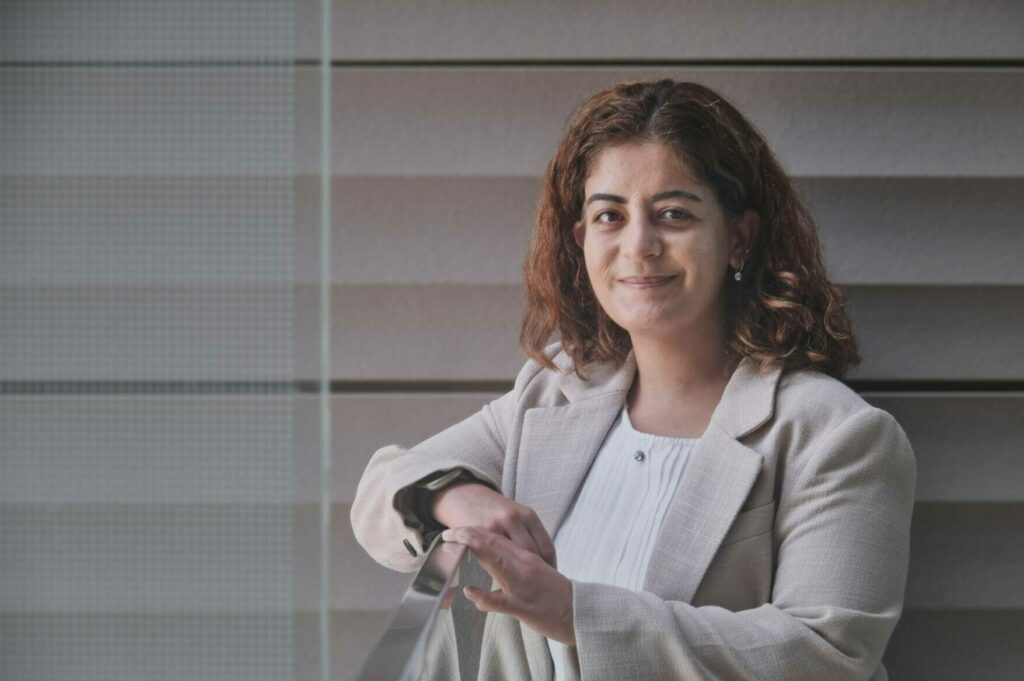
Clear signals: how intricate brain connections underpin sensory perception
Leena Ali Ibrahim’s research is revealing intricate brain connections between the senses that could have implications for finding treatments for autism and schizophrenia.
GET
SOCIAL
WITH
KAUST RESEARCH
follow us on
social media
